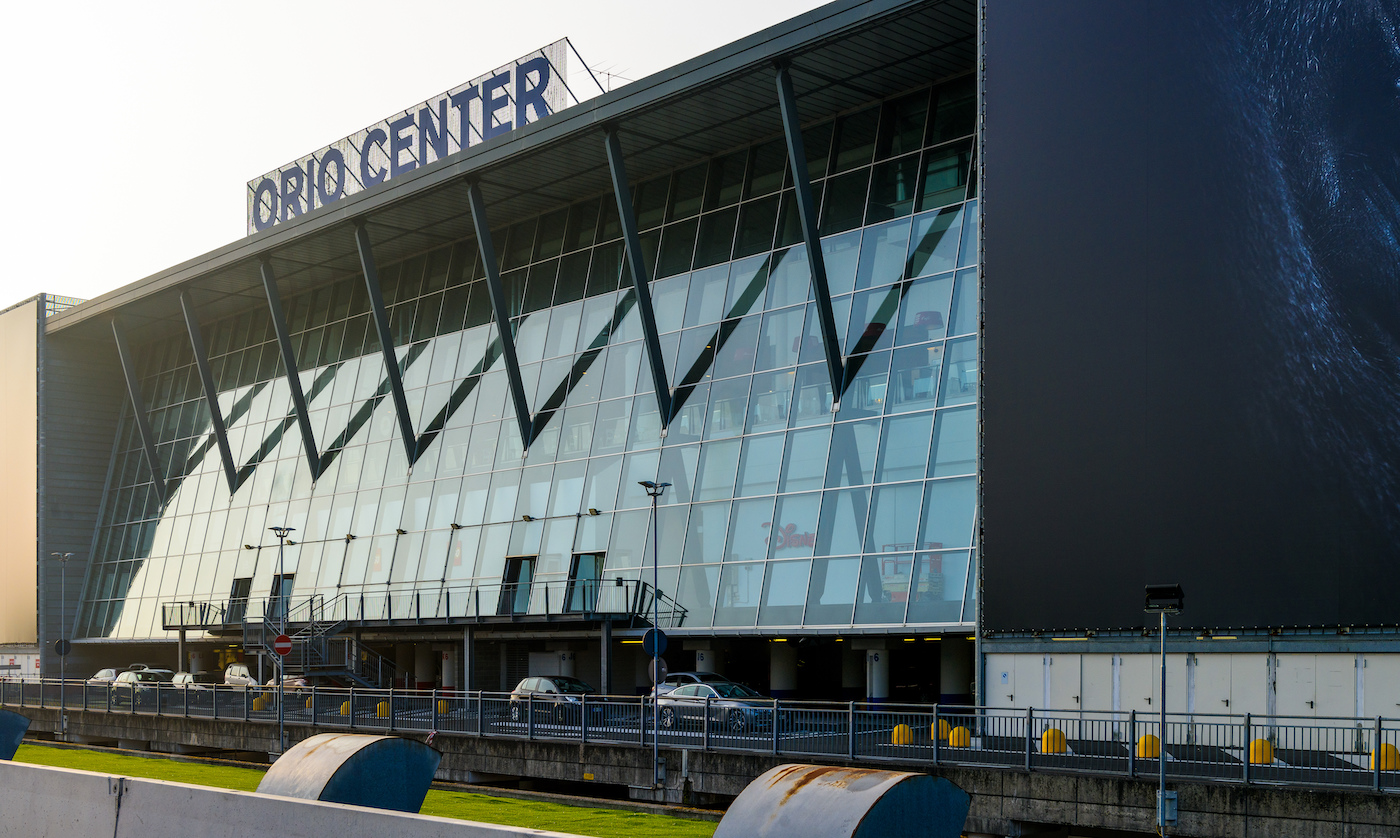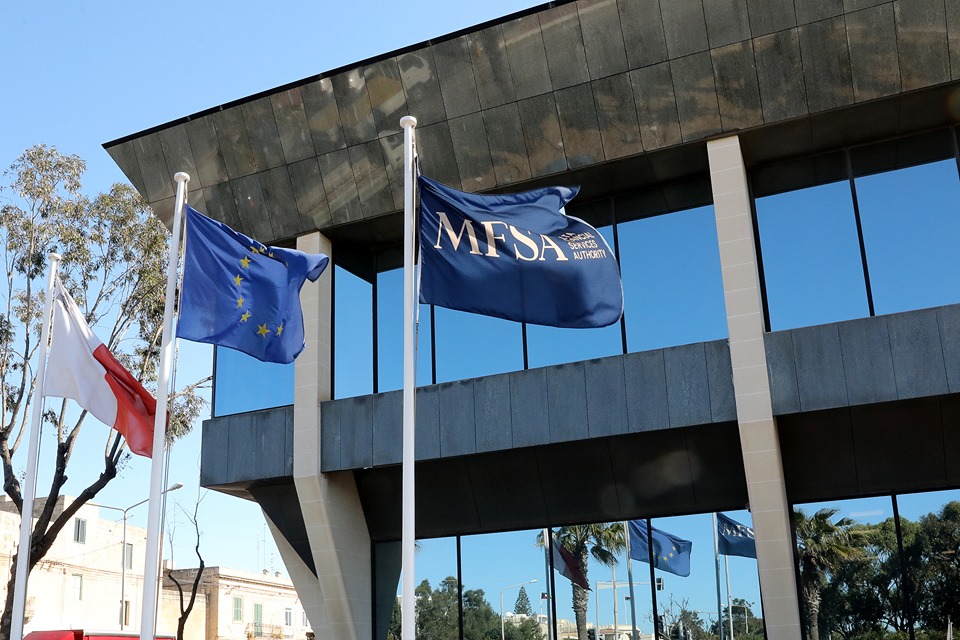Gozo’s double insularity puts accessibility at the top of the agenda for 2024, according to the Gozo Business Chamber (GBC), along with economic diversification to mitigate the island’s dependence on tourism.
Responding to BusinessNow.mt’s request to identify its major concerns for the coming year, the GBC was appreciative of the significant growth that continues to be registered by Malta: “When you see Malta’s quarterly GDP growth, compared to other countries, one can see that we have fared significantly well despite all the challenges,” says Daniel Borg, CEO of the organisation.
“However, in an ever-changing economic environment, we cannot rest on our laurels.”
The Gozitan business representative argues that diversification, while being a prominent national priority, is even higher on Gozo’s agenda “given the dependence on particular sectors.”
“This means that as an economy we need to continue to search for new sectors which should enrich Gozo and Malta’s economic portfolio, while consolidting the existing sectors which add value to our economy.”
Additionally, the GBC says the priority must be to ensure that the current modes of access to Gozo, including the ferry and fast ferry, are “retained and increased”.

This would include the reintroduction of an air link through the development of an airstrip near Xewkija, which is currently awaiting planning approval.
“It is only through accessibility that Gozo can become a viable option both for residency purposes and investment purposes,” continues Mr Borg.
In this regard, says the GBC, sustainability can prove to be a double-edged sword, with some of the initiatives and proposals put forward in the EU’s Fit for 55 package “putting significant pressure on islands.”
Mr Borg points out that islands’ accessibility options are very limited, urging lawmakers to consider the island dimension when proposing solutions.
There are multiple facets to this. For example, sustainable aviation fuels remain more expensive than conventional aviation fuels, making any attempt to force airlines into using them likely to lead to considerable price increases for flights – a worrying proposition given Malta’s – and by extension Gozo’s – near-absolute reliance on air connectivity.
Indeed, higher fuel prices in this area are anticipated in the short and medium term given the introduction of new rules stipulating that from 2025 at least two per cent of aviation fuels should be green, rising to six per cent by 2030 and 20 per cent in 2035, eventually reaching 70 per cent in 2050.
In the maritime sector, the extension from January 2024 of the EU Emissions Trading System (ETS) to vessels exceeding a gross tonnage of 5,000 visiting EU ports, will also “pose significant challenges for Malta,” notes Mr Borg, “lessening Malta’s competitiveness as a transhipment hub and putting our supply chain into jeopardy.”
“Every effort needs to be made to focus on sustainability – the impacts of climate change are there for all to see – this should not be done at the expense of islands,” says Mr Borg, noting that the GBC has been vocal in this regard, especially on the proposals put forward by the Commission on the Energy Tax Directive, which will remove exemptions and incentives for the use of fossil fuels, for example in EU aviation and maritime transport.
The main issue with all these sustainability measures, according to the GBC CEO, is that each is likely to result in an inflationary push with impacts all across the supply chain: “In this respect there needs to be a constructive dialogue between all the social partners.”
Finally, asked whether he expects 2024 to be a year of firefighting, or one of growth, Mr Borg warns of caution, with the post-COVID situation characterised by marked unpredictability.
“Nonetheless, I believe that the growth trajectory should be sustained. However, this should be one which really benefits all the people. It is only then that as a country, and also an island region, we can continue to move forward.”
Malta flights to Bergamo suspended following fatal incident
An incident resulted in the cancellation of several other flights, with some flights being redirected to nearby airport
Malta’s business economy grows by 15.6% in 2023
While large enterprises continue to play a leading role, SMEs and micro-businesses remain vital pillars of the economy
MFSA and Central Bank warn of loan and email scams
Both institutions urged the public to report suspicious activity and avoid sharing personal data with unverified sources






